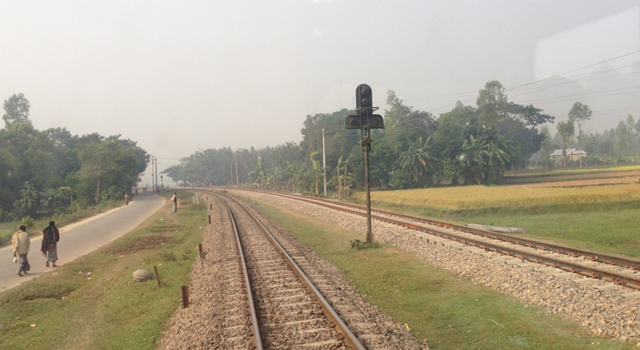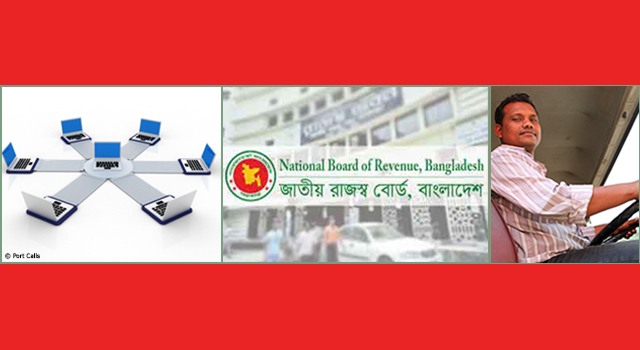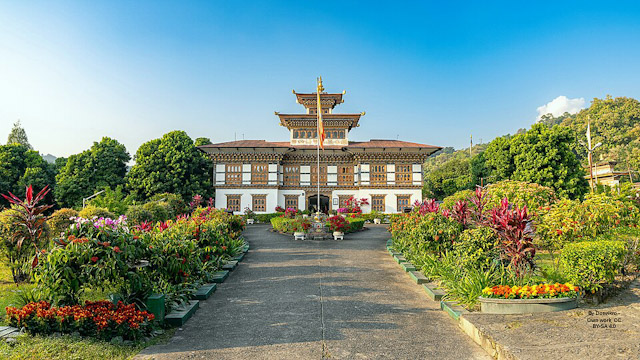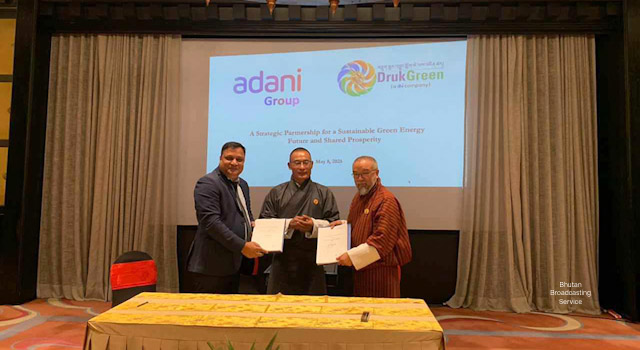
Railway Sector Investment Program Approaching Completion
24 February 2015

The Asian Development Bank (ADB) approved the Railway Sector Investment Program (RSIP) on 10 October 2006 as a multitranche financing facility amounting to $430 million, with counterpart financing of $107.5 million from the Government of Bangladesh. It is expected to improve transport by enhancing efficiency and capacity of Bangladesh's railway sector to contribute to sustainable economic growth and promote further poverty reduction.
One of the main components of the investment project—the construction of the 64 km Tongi-Bhairab Bazar Double Track on Bangladesh Railway's Dhaka-Chittagong railway corridor—is approaching completion within 2015. The project is part of the main Dhaka-Chittagong transport corridors in Bangladesh and part of the Trans-Asia Railway Network. By increasing the capacity on the Dhaka-Chittagong main line, Bangladesh Railway will be in a position to operate more passenger and freight trains in this key transport corridor.
Related Links:










